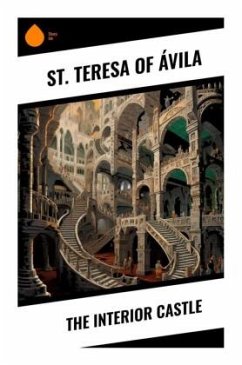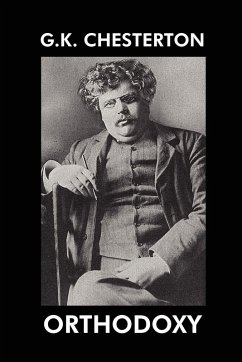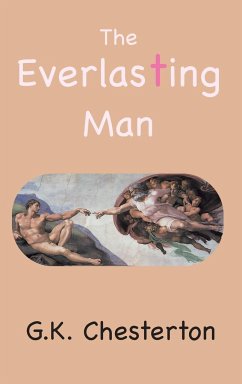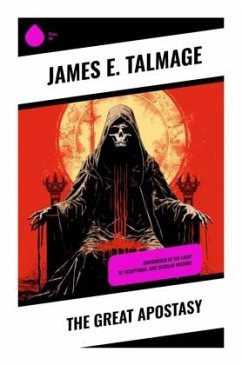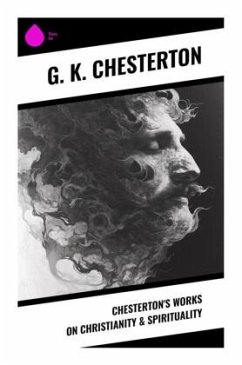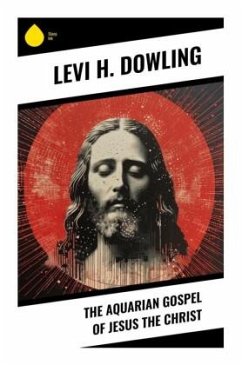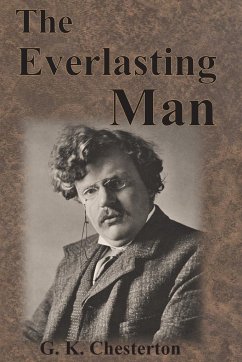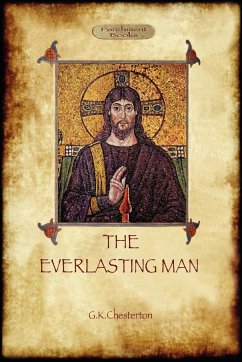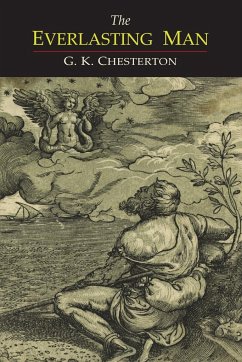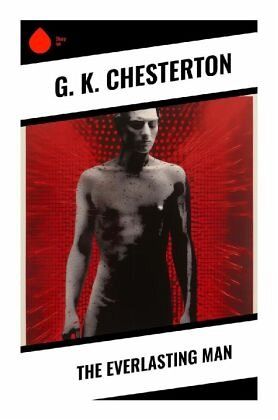
The Everlasting Man
Versandkostenfrei!
Versandfertig in 6-10 Tagen
11,40 €
inkl. MwSt.

PAYBACK Punkte
0 °P sammeln!
In "The Everlasting Man," G. K. Chesterton embarks on a profound exploration of humanity and faith, presenting a compelling argument for the uniqueness of the human experience in the context of divine creation. Through a blend of vivid prose and incisive reasoning, Chesterton critiques materialism and historical determinism, arguing that man cannot be understood merely as a product of his environment. Instead, he posits that man's inherent qualities and the story of Christ exemplify an enduring truth, weaving rich philosophical and theological insights into the fabric of Western thought. This ...
In "The Everlasting Man," G. K. Chesterton embarks on a profound exploration of humanity and faith, presenting a compelling argument for the uniqueness of the human experience in the context of divine creation. Through a blend of vivid prose and incisive reasoning, Chesterton critiques materialism and historical determinism, arguing that man cannot be understood merely as a product of his environment. Instead, he posits that man's inherent qualities and the story of Christ exemplify an enduring truth, weaving rich philosophical and theological insights into the fabric of Western thought. This work is also a response to contemporary existential questions, challenging readers to consider the spiritual dimensions of their existence amid the empiricism of the early 20th century. Chesterton, an English writer, philosopher, and critic, was deeply influenced by his Catholic faith, which profoundly shaped his worldview. His capacity for wit and paradox, coupled with a commitment to exploring the moral underpinnings of society, propelled him to write this book in an era marked by skepticism and loss of faith. His range as a writer-spanning fiction, essays, and journalism-enables him to engage readers on multiple levels, promoting a deeper understanding of life's mysteries. I highly recommend "The Everlasting Man" to those seeking to grapple with philosophical and theological questions in a modern context. Chesterton's eloquent prose invites readers to reflect on their own beliefs, making this a pivotal work for anyone interested in the interplay between faith, history, and the essence of humanity.



